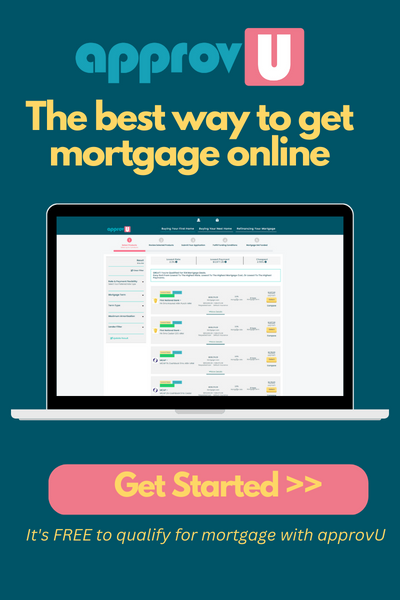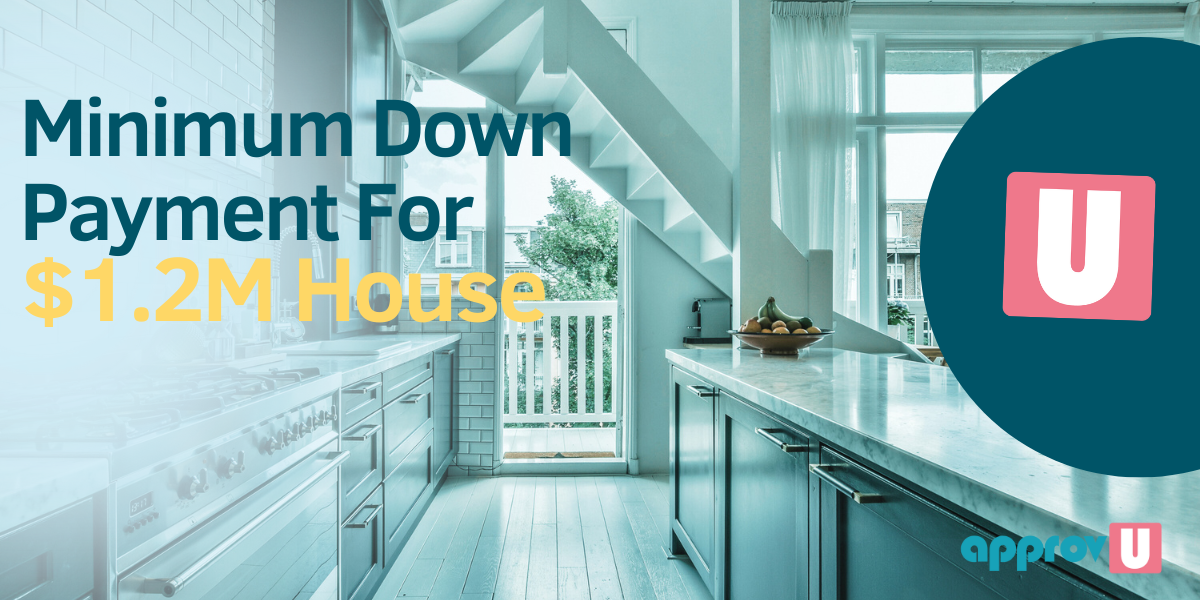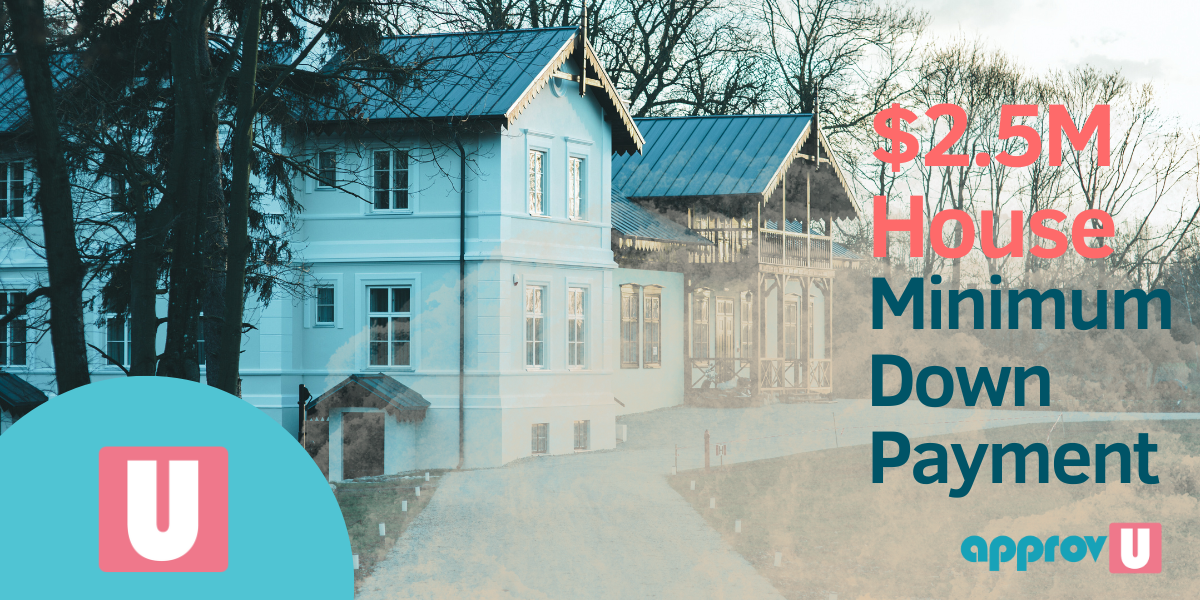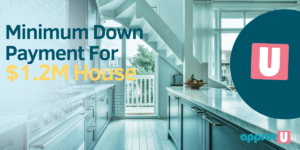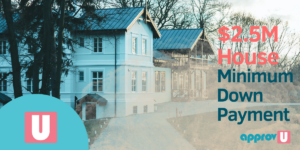Refinancing your mortgage can be smart if you can secure a lower interest rate, shorten your loan term, or access your home’s equity.
These benefits can lead to monthly and long-term interest cost savings.
However, before you decide to refinance, it’s crucial to understand the costs involved.
Refinancing typically involves many of the same fees you paid when you first purchased your home.
These can include application fees, appraisal fees, title search fees, and closing costs.
Additionally, you may need to pay the penalty for paying off your current mortgage early.
The specific refinancing costs will depend on your lender, your credit score, the amount of equity you have in your home, and the type of loan you seek.
It’s essential to weigh these expenses against the potential benefits of refinancing to ensure that it’s the right financial decision for you.
This article will break down the costs associated with mortgage refinancing and help determine how much you can expect to pay.
Expected Costs of Refinancing Your Mortgage
To determine the cost of refinancing your mortgage, it’s essential to understand your credit classification.
For mortgage purposes, you can be classified as a prime borrower, the alternative borrower or a private borrower.
This classification simply relates to the types of mortgage you can get approved for with your credit score and record.
Prime Borrowers for Mortgage Refinance
Prime borrowers for a mortgage refinance are individuals with
- a credit score of 620 or higher,
- strong repayment history for the past two years,
- low debt-to-income ratio, well-established credit history, and
- steady income.
This group of borrowers typically enjoys the best mortgage rates in the market, the lowest fees and the best mortgage options and terms.
Prime mortgage lenders offer these mortgages, such as the six major banks (RBC, TD, BMO, CIBC, NBC).
In addition, there are other CMHC-approved monoline lenders like First National, Merix, MCAP, and credit unions like YNCU, Meridian, and DUCA.
On average, you should spend about 1% of the loan to complete your mortgage refinancing.
See: The Best Prime Mortgages in Canada
Alternative Borrowers for Mortgage Refinance
Alternative mortgages are specialty mortgages designed for borrowers with credit scores in the 500 to 620 range; or any of the below attributes;
- property in a desirable neighbourhood,
- High TDS and GDS ratios of over 44%
- the loan-to-value ratio of 80% or lower
- Variable or steady income sources
B- lenders like Haventree Bank, Merix NPX, B2B Bank, Optimum Financial, Equitable Bank, and IC Savings offer this refinance mortgage.
Some additional costs you will incur if you are an alternative mortgage borrower are Lender fees and possible mortgage broker fees.
Expect to pay 2% to 4% of the loan amount to cover the costs of your mortgage refinance.
See: The Best B-Lenders For Mortgage In Canada
Private Borrowers for Mortgage Refinance
You are classified as a borrower for private mortgages if your credit score is below 500 or have one of the following.
- Non-qualified mortgage
- History of chronic payment
- Active bankruptcy or consumer proposal
On average, expect to pay 5% to 8% of the loan amount as refinancing costs when working with a private lender.
Learn More: Private Mortgage In Canada: Everything You Need To Know
Standard Costs of Refinancing Your Mortgage: An Overview
Most fees associated with mortgage refinancing are typically subtracted from the loan amount.
These fees can include various costs.
Property Appraisal Fee
A property appraisal is a crucial aspect of the mortgage refinance process.
It involves a licensed appraiser providing an objective evaluation of your property’s market value.
This includes a comparison to similar properties and commentary on marketability.
Please note that the appraisal report is for the lender’s use only, and you may not have access to it.
Lenders typically have a list of their preferred licensed real estate appraisers, which you must use.
The appraisal fee is a one-time upfront cost you will need to pay regardless of whether the mortgage loan is approved.
The cost of the appraisal depends on various factors, such as the property’s location, size, number of units, and whether it has a rental component.
These factors can affect the complexity of the appraisal, which in turn can impact the cost.
The average cost of a property appraisal is approximately $500 and can go up to $1,000.
Learn More: Home Appraisal In Canada: Everything You Need To Know
Home Inspection Fee
A home inspection fee is what you pay for a comprehensive report on the condition of your property.
The inspection is conducted by a licensed home inspector who checks for structural issues.
A home inspection report is not mandatory for a residential mortgage refinance. Still, the lender may request it if the appraiser raises concerns about the property structure in their appraisal report.
Home inspection costs vary, with an average cost of $450.
Learn More: Complete Home Inspection Checklist for Canadian Homeowners
Lender Fee
As explained above, you will have to pay a lender fee if you apply for a B-lender or private mortgage.
This fee covers the costs of processing and originating your mortgage loan application.
It’s important to note that only private and alternative mortgage lenders in Canada charge lender fees.
For an alternative mortgage loan, the fee is typically 1% of the loan amount.
For a private mortgage loan, the fee can range from 2% to 6% of the loan amount.
Lawyer Fee
In Canada, it is mandatory to have a licensed real estate lawyer represent you during the mortgage refinance process.
Your lawyer will verify your identity and check the property’s title.
They will also distribute payments to relevant parties and ensure that you understand the legalities of the transaction.
The cost of hiring a lawyer for a mortgage refinance transaction can range from $1,200 to $2,500 on average.
This fee covers the legal services provided by the lawyer throughout the process.
Additional Mortgage Refinance Costs
Title Company Fee
The Title Company fee is the cost you pay to the title company for their services.
The title company performs necessary searches and verifications of the property owner.
In most cases, they also provide title insurance for the transaction.
One of the leading title companies in Canada is First Canadian Title (FCT), which serves some of the country’s top banks, lending institutions, and Credit Unions.
You may see a line item for the FCT fee on your trust ledger statement, typically around $300.
Note that a Trust ledger statement shows all the financial transactions that occurred for your mortgage transaction.
It will show how much the lawyer received from the lender, from you (if needed) and all the payout destinations.
It helps provide transparency and accountability in the mortgage process.
Read More: Title Insurance In Canada: Everything You Need To Know
Software Fee
Technologies make the mortgage closing process more efficient.
They may come at an additional cost to you in the form of a processing system fee.
A minimal fee of around $250, plus tax, is applied to your mortgage costs for the origination software to process your application.
On the back end, your real estate lawyer may use a software system, such as FCT Lender Connect, to simplify the closing process.
This fee is calculated as a percentage of the loan amount. It covers the cost of subscribing to the system.
Key Considerations for Costs of Refinancing a Mortgage
Mortgage industry experts caution that refinancing a mortgage can become expensive if proper consideration is not given to all costs involved.
Therefore, it is recommended that homeowners looking to refinance their mortgage compare offers from multiple lenders and banks.
A platform like approvU can help secure the best deal and understand all costs involved upfront before making your mortgage decision.
It’s also a good idea to negotiate with the lender or bank to lower to minimize some of these closing costs.
To ensure that you are making a well-informed decision, carefully evaluating all options and costs is essential. This will help you make the best decision for your financial situation.



